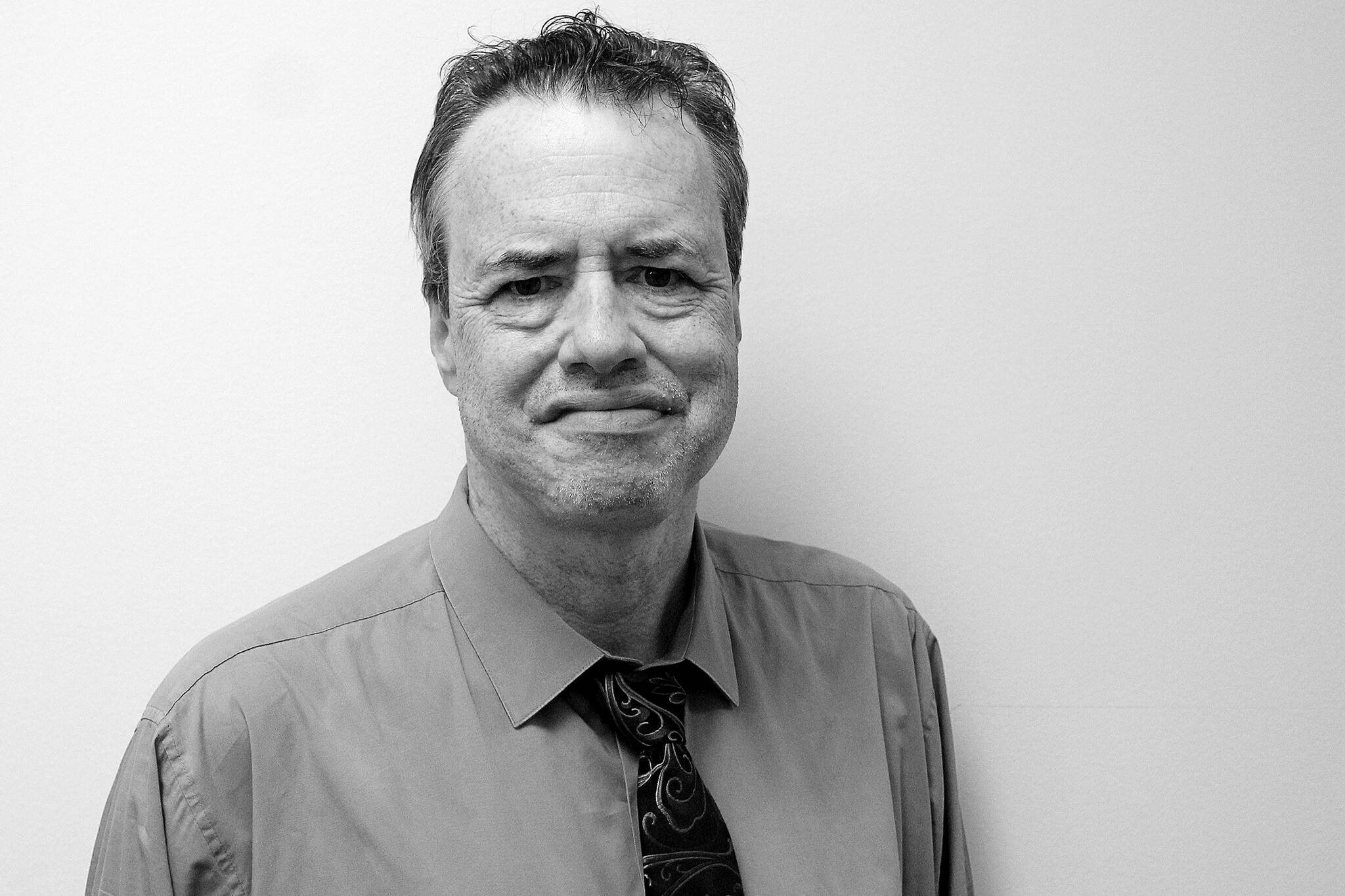When I started out as a reporter in the early 1990s toiling at a small paper in a small town, news gathering was a different beast than it is today.
At that time, the internet had not yet come into its own, so we wore out a lot of shoe leather chasing stories we had to dig up. We had to be jacks-of-all trades, especially at those small town newspapers, so even the newbies, fitted out with hot wax, black tape, and an X-Acto knife, designed and laid out pages by hand.
Sure, there was disdain for the press, always has been. You learn to live with it. As U.S Civil War General William Tecumseh Sherman, an inveterate hater of newspapers, famously predicted that if he were to shoot all the “dirty newspaper scribblers” who hung about camp looking for stories, “there’d be news from Hell before breakfast.”
But despite the disdain, there was still some sort of recognition that the press had a role to play. I do not get this feeling much anymore.
I could call up any large chain store in a city and talk to someone there without being told to call corporate ownership on the other side of the country who knew nothing about the town.
And I could still collect details from a police blotter such as the ages and genders of persons, which, well, you know, can be important in storytelling.
Along the way, I had a lot of fun.
One day an editor informed me that the actor Elliott Gould was in the restaurant below our second-floor office, so he suggested I get down there and interview him. I did. Turns out Mr. Gould was visiting a mutual friend, a former Hollywood screenwriter who lived in town at the time.
I asked Gould about his toughest role to date.
“Well, you know, I was married to Barbra Streisand,” Gould replied with a smile.
There were interview disasters to be had, not funny then, but amusing in the retelling.
Like Doc, who seemed to be one of those town characters who make compelling stories. I took him to a restaurant for the interview. We sat down and he started talking out loud about some of his waitress fantasies. He was disgusting.
Then, his old eyes went blank.
“Who the hell are you?” he demanded in fright. In a flash, I realized Doc had dementia, and I had to find my way out of the fix I’d gotten myself into.
Somewhere along the line, however, there came a perceptible puckering up from formerly friendly news sources, and the news began to lose some of its luster.
So, taking the police blotter as a case in point. Instead of what would once have read “bystanders reported a man downtown setting strangers’ nose hairs on fire,” we get today the pie bald, unhelpful “male” or “female” to refer to the alleged proboscis pyromaniac. Or if the blotter is feeling generous that day, we’ll get “adult male” or “adult female.”
I once asked an officer why this was so, and he referred to HIPAA rules that protect identity. Well and good, I said. But how does writing “adult female” or “adult male” instead of “man” or “woman” better shield a person from public exposure?
Our conversation went something like this:
I: “If the report had recklessly said ‘a woman,’ would readers out there have known the reference was to one Petunia Schmutzengesicht on Poppinjay Lane, whereas, ‘adult female’ had the right stuff to baffle detection? Aren’t ‘woman’ and ‘adult female’ the same thing?”
Officer: “Yeah, I see your point.”
Today the blotter that police put out is a study in how to say as little as possible.
There has also been a noticeable tightening up to ridiculous degrees of the laws governing government transparency and freedom of information requests. On Thursday of last week, I received a response to a FOIA request — which I submitted two years back.
One city up to bonafide shenanigans once tried to discourage me from getting actual tapes of public meetings by raising the price of each copy at one fell swoop from 3 cents to 25 cents. The city clerk there told me that was standard. That was a lie. Nope, it was more than five times the going rate.
I still enjoy the job, though with the hope that government will one day loosen up the belt, suspenders and glue approach to holding up its pants.
Robert Whale can be reached at robert.whale@auburn-reporter.com.


